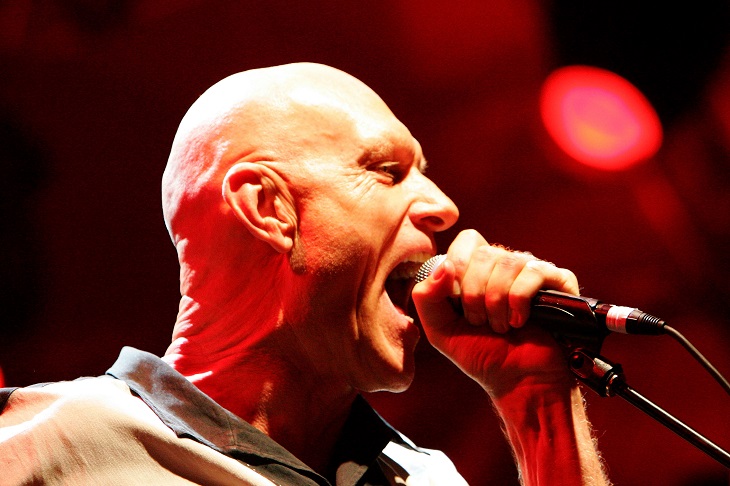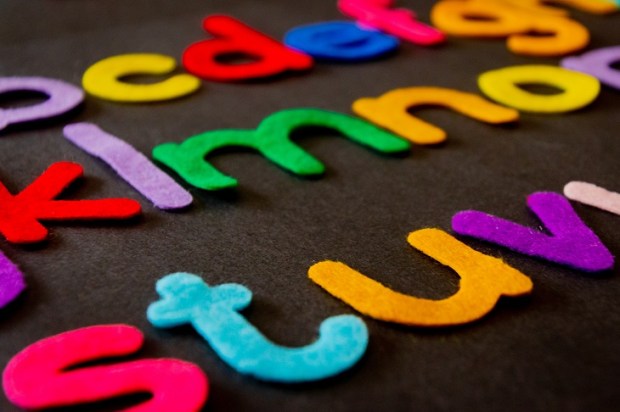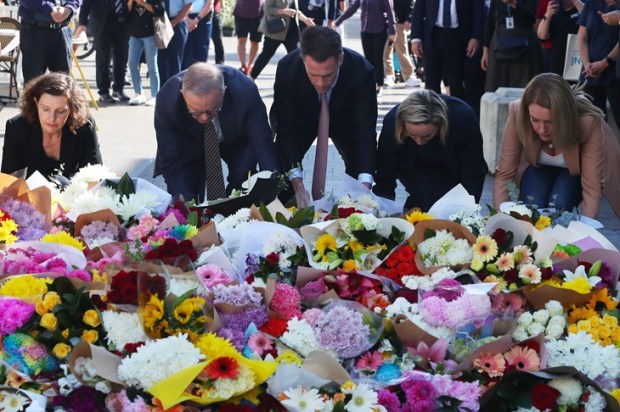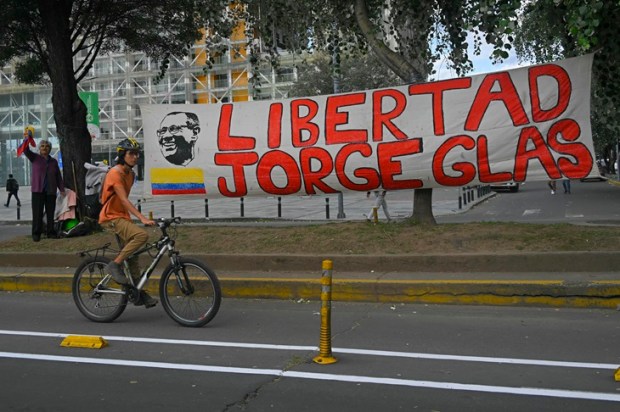Last week I heard the song Beds are Burning played at least three times in the space of a few hours when I was out and about in a pub and at the Carriageworks for the Festival of Dangerous Ideas.
It may be a classic Australian song, but the sheer number of times it has been played in public recently is starting to feel like propaganda for the Voice.
And it may just work…
I can’t help but mouth the lyrics every time I hear it. It reaches into my Australian psyche and triggers some kind of sentimentality.
Whether playing this song is intentionally a form of propaganda or not doesn’t really matter, the effect is the same. Those that control the pub or venue music playlists have a set of values that are being reflected in the song choice (I mean it could have just as easily been Back in Black on repeat right? But it wasn’t).
The use of music to sway mood is a well-known phenomenon. Muzak LLC were the pioneers of this industry and the most famous, so much such so that we now call all public background music ‘Muzak’. This refers to the specific music playlists designed to be piped into public spaces to encourage the type of mood that the owner of that venue wants.
The most well-known example is ‘Elevator Music’ which used to feature easy-listening versions of well-known songs like The Girl From Ipanema. The old-style background music used to be unobtrusive, it aimed to be there but not grab your attention, merely to calm you down and make you want to spend more time in the mall buying things.
Then, something happened. Instead of fading into the background, Muzak became foreground music.
Think how many times you have gone to the supermarket and found yourself mouthing along to the songs playing. The Muzak today doesn’t calm us down, but engages us in a kind of ‘I remember this song’ sentimentality. And does it work? Do we browse the shelves just a fraction longer, such that we decide not to buy the brand or product we usually buy but try something new? It probably does, but hides in the subconscious so that we don’t recognise that the Muzak has an effect on us.
Unfortunately for the ‘No’ campaign for the Voice, it is the ‘Yes’ campaign that has an advantage because its message seeps into us every time we hear songs like Beds are Burning, From Little Things Big Things Grow, Treaty, or even, and My Island Home (when I was living in London, this was the song that I heard that suddenly made me feel homesick for Australia).
These songs make us think about our fellow Australians, the First Australians with warmth and feeling, at which point the details or the mechanics of the Voice proposal – no matter how objectionable they are – don’t really matter.
To paraphrase the conservative commentator Ben Shapiro, in reality feelings don’t care about your facts.
The same could be said for the Same Sex Marriage Plebiscite. Our popular or national culture such as Priscilla Queen of the Desert and our local culture, family, and neighbours are what propelled the ‘Yes’ vote. Again, the mechanics of the legislation (which very much mattered to me) had no truck with the people. This was not a debate about ‘how’ to enact same-sex marriage but ‘good feels versus evil the bigots’.
It was also why the Republicans lost the 1999 referendum so damn badly. The Monarchists had – at least in that time – Queen and Country on their side. The vast majority of the population grew up in a time in which our national anthem was God Save the Queen. The pomp and circumstance (both in musical form and the pageantry) and the Monarchy, and in particular the much loved late Queen, was the vehicle to pour all the feelings about love of country into.
I went to the Proclamation ceremony on the steps of the Parliament of New South Wales (and forced my family to join me as they were in Sydney for the weekend). My mum walked away saying that she had not seen such an unabashed display of patriotism in years. In that way it is a kind of propaganda for why Australia is awesome.
If the ‘No’ campaign for the Voice will be victorious, it must do its best to not be simply a negative or rational rebuke of the proposal (no matter how rebukable it is), it must use the national culture and all the feelings it brings up for all the people that inhabit this beautiful country and wield it towards a better way forward for everyone.
Dara Macdonald is a lawyer and founder of All Minus One (allminusone.org.au).
Got something to add? Join the discussion and comment below.
Get 10 issues for just $10
Subscribe to The Spectator Australia today for the next 10 magazine issues, plus full online access, for just $10.


























Comments
Don't miss out
Join the conversation with other Spectator Australia readers. Subscribe to leave a comment.
SUBSCRIBEAlready a subscriber? Log in